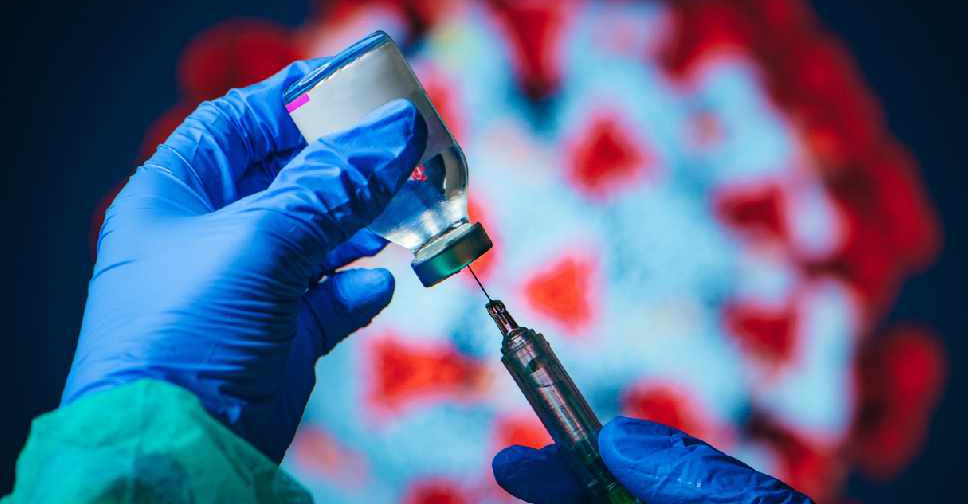
There is a much higher risk of brain blood clots from COVID-19 infection than there is from vaccines, UK researchers said, after the rollout of inoculations was disrupted by reports of rare clots.
AstraZeneca and Johnson & Johnson have both seen very rare reports of cerebral venous sinus thrombosis (CVST) linked to their vaccines.
On Wednesday, the United States paused vaccinations using J&J's shot while a link with clots was investigated, with Denmark ditching AstraZeneca's shot over the issue.
British and European regulators have stressed that the benefits of vaccination outweigh the risks.
A study of 500,000 COVID-19 patients found CVST had occurred at a rate of 39 people out of a million following infection, researchers said. That compares with European Medicines Agency (EMA) figures showing that 5 in a million people reported CVST after getting AstraZeneca's shot.
The researchers said in a pre-print study that the risk of CVST was 8-10 times higher following COVID-19 infection than it was from existing vaccines for the disease.
"The risk of having a (CVST) after COVID-19 appears to be substantially and significantly higher than it is after receiving the Oxford-AstraZeneca vaccine," Maxime Taquet of Oxford's Department of Psychiatry told reporters.
The study was based on a U.S. health database, and so did not accrue new data on the risk of clots from AstraZeneca's vaccine directly, as the shot is not being rolled out there.
Taquet said that the mortality rate from CVST was around 20% whether it occurred after COVID-19 infection or a vaccine, indicating the clots were the main risk factor.
Regulators had also observed low platelet levels in reports of vaccine side effects, but the researchers said data was limited on whether that was also the case in those reporting CVST after infection.
The researchers highlighted that COVID-19 was associated with more common clotting disorders than CVST, such as strokes, and that recent debate around vaccines had lost sight of how bad the disease itself could be.
"The importance of this finding is it brings it back to the fact this is a really horrible illness as a whole variety of effects including increased risk of (CVST)," John Geddes, director of NIHR Oxford Health Biomedical Research Centre.
The research team, from Oxford University, said they worked independently from the Oxford vaccine team which developed AstraZeneca's shot.




 At least 24 dead in Texas flash flooding
At least 24 dead in Texas flash flooding
 Aid foundation says two of its workers injured in Gaza
Aid foundation says two of its workers injured in Gaza
 Hamas says it responds to Gaza ceasefire proposal in 'positive spirit'
Hamas says it responds to Gaza ceasefire proposal in 'positive spirit'
 Russia pounds Kyiv with largest drone attack, hours after Trump-Putin call
Russia pounds Kyiv with largest drone attack, hours after Trump-Putin call
 Trump says he expects Hamas decision in 24 hours on 'final' peace proposal
Trump says he expects Hamas decision in 24 hours on 'final' peace proposal






